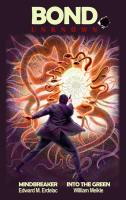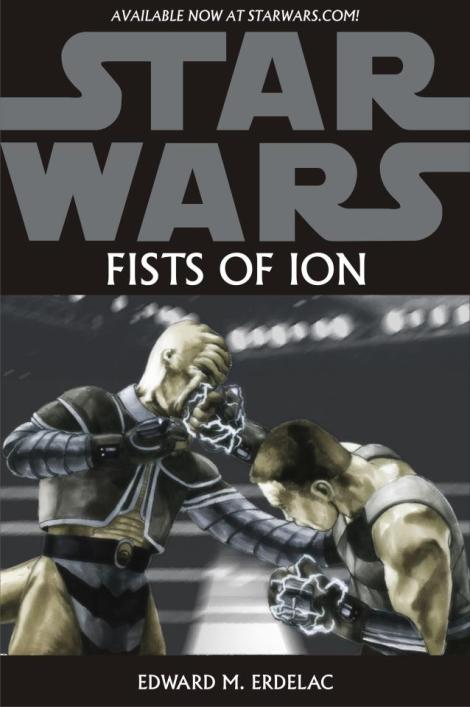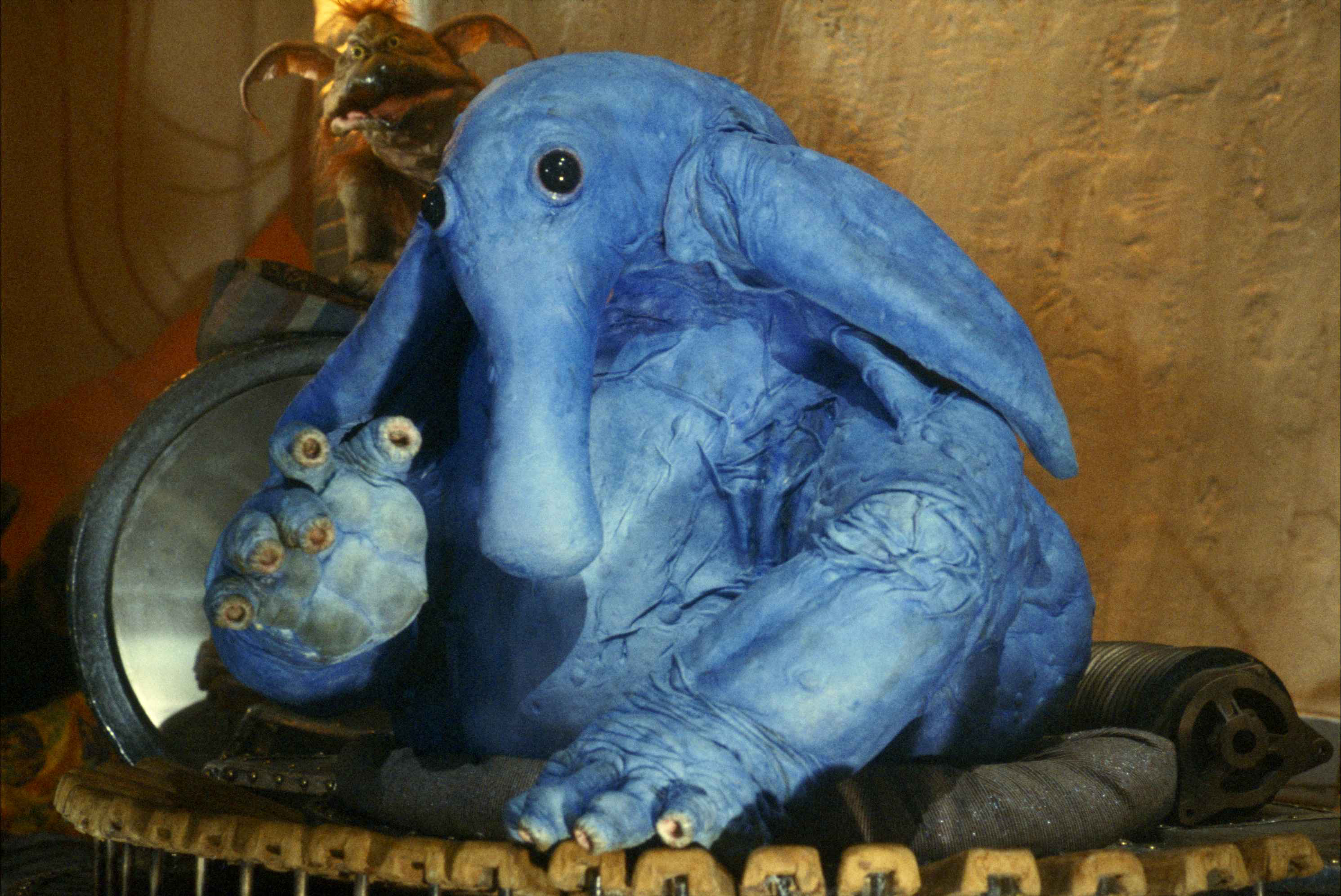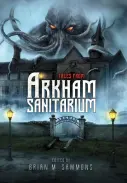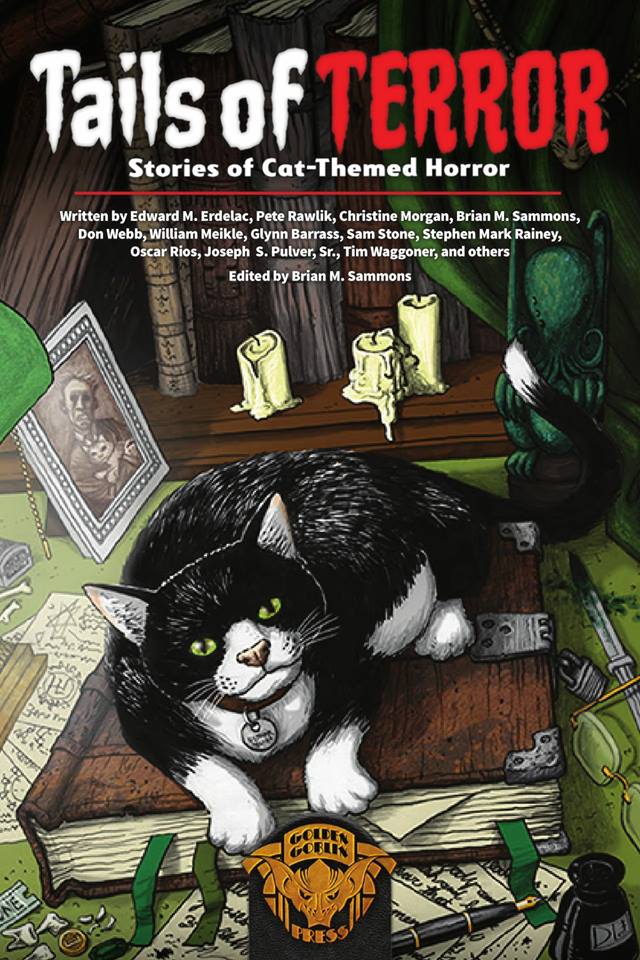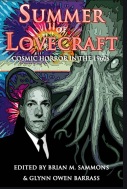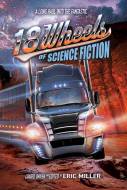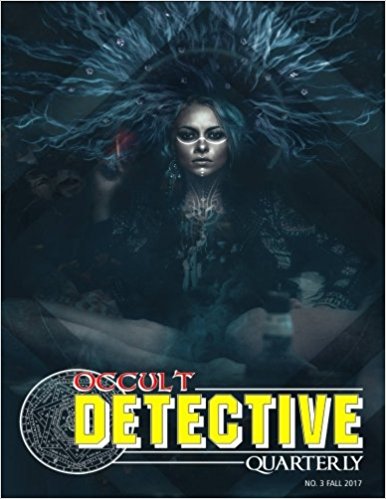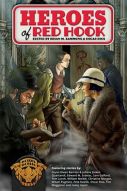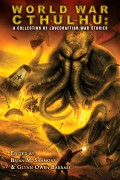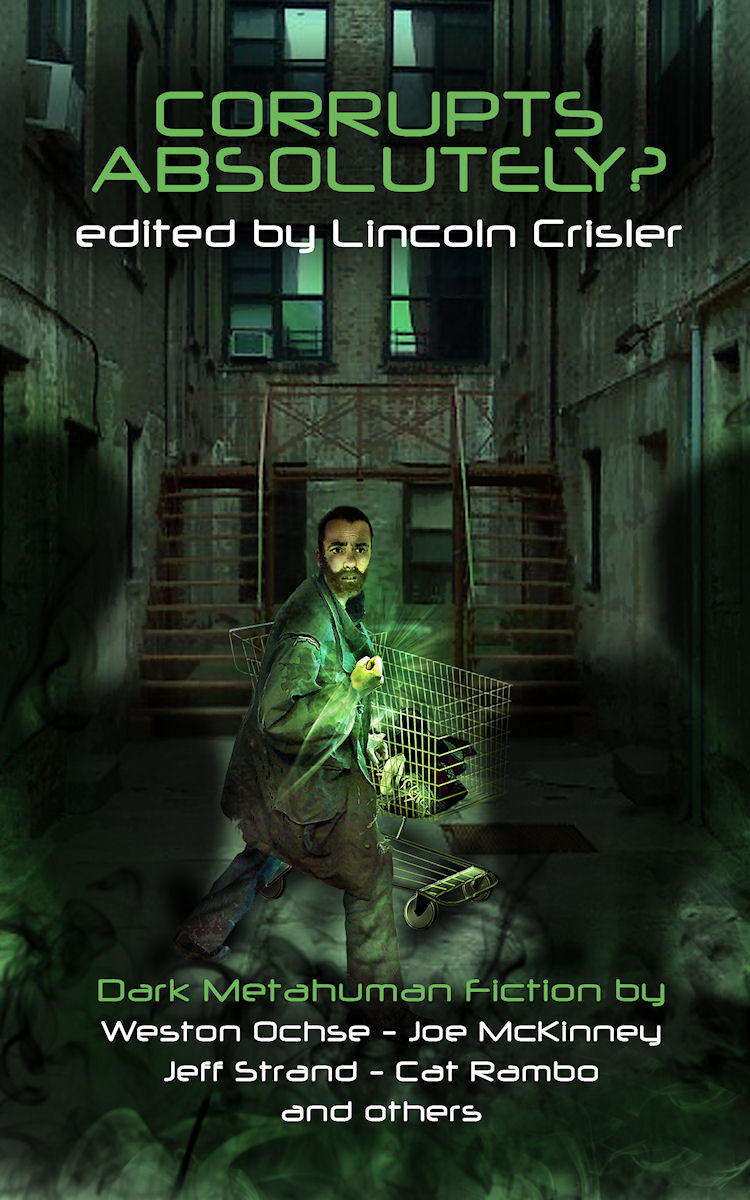Time once more for my blog feature, DT Moviehouse Reviews, in which I make my way alphabetically through my 200+ DVD/Blu-Ray collection (you can see the list right here) and decide if each one was worth the money. This go round, I took another look at William Wyler’s epic 1959 remake of Lew Wallace’s Ben Hur.
(1959) Directed by William Wyler
Screenplay by Karl Tunberg
Tagline: A Tale Of The Christ/The Enterainment Experience Of A Lifetime
What It’s About:
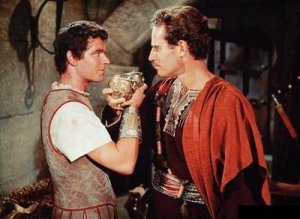 During the reign of Emperor Tiberius, Jewish nobleman Judah Ben-Hur (Charlton Heston) reunites with his childhood friend, Roman Tribune Messala (Stephen Boyd) and clash over differing ideologies. When Messala, seeking to weed out Jewish dissidents in the Judean province, demands that Judah inform him of the identity of Judean rebels, Judah refuses. After a loose roof tile slips from the roof of his house and strikes the passing governor in the street, Messala uses the incident as an excuse to make an example of his old friend, imprisons his wife and sister, and condemns him to enslavement and certain death in the belly of a war galley. Judah vows revenge, and begins an epic odyssey that will take him from slave to Roman noble, to champion of the Circus Maximus, and bring him face to face on several momentous points in both their lives, with Jesus Christ.
During the reign of Emperor Tiberius, Jewish nobleman Judah Ben-Hur (Charlton Heston) reunites with his childhood friend, Roman Tribune Messala (Stephen Boyd) and clash over differing ideologies. When Messala, seeking to weed out Jewish dissidents in the Judean province, demands that Judah inform him of the identity of Judean rebels, Judah refuses. After a loose roof tile slips from the roof of his house and strikes the passing governor in the street, Messala uses the incident as an excuse to make an example of his old friend, imprisons his wife and sister, and condemns him to enslavement and certain death in the belly of a war galley. Judah vows revenge, and begins an epic odyssey that will take him from slave to Roman noble, to champion of the Circus Maximus, and bring him face to face on several momentous points in both their lives, with Jesus Christ.
Why I Bought It:
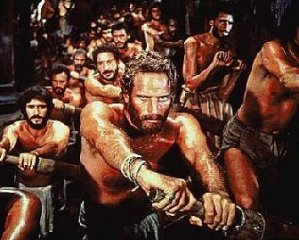 A perennial Easter season movie on TV when I was a kid, I was already a fan of Charlton Heston from his outings in The Ten Commandments and Planet Of The Apes when I finally sat down to watch Ben-Hur around the age of ten or eleven. That a movie this big (plus three hours running time and using every glorious inch of its 16×9 CinemaScope ratio) crammed into a 4×3 TV and generously padded with numerous Snuggle, Dr. Pepper, and 501 Blues ads still held the attention of a pre-teen kid ought to be a testament to its riveting story. I’m hard pressed to think of any more compelling revenge story in the history of Hollywood movies, moreso because even after Judah attains his vegeance, there’s still nearly an hour of running time to go, and seeing him come to terms with the hollowness of his purpose and seek and find (in what is the most literal example of Deus ex machina in cinema) redemption is just as emotionally satisfying as seeing the fascist Boyd get trampled by horses.
A perennial Easter season movie on TV when I was a kid, I was already a fan of Charlton Heston from his outings in The Ten Commandments and Planet Of The Apes when I finally sat down to watch Ben-Hur around the age of ten or eleven. That a movie this big (plus three hours running time and using every glorious inch of its 16×9 CinemaScope ratio) crammed into a 4×3 TV and generously padded with numerous Snuggle, Dr. Pepper, and 501 Blues ads still held the attention of a pre-teen kid ought to be a testament to its riveting story. I’m hard pressed to think of any more compelling revenge story in the history of Hollywood movies, moreso because even after Judah attains his vegeance, there’s still nearly an hour of running time to go, and seeing him come to terms with the hollowness of his purpose and seek and find (in what is the most literal example of Deus ex machina in cinema) redemption is just as emotionally satisfying as seeing the fascist Boyd get trampled by horses.
It was the story that grabbed me that first go-round, but every time I watch Ben-Hur I come away with something more. I never really understood the grandeur of it as an experience until I had the opportunity to see it screened in Chicago. The presenter memorably reiterated the movie’s spectacle, running off an amusing grocery list of its various aspects including “Roman soldiers, a chariot race, a screenplay by Gore Vidal (uncredited), the three Magi, Charlton Heston in a loincloth, Pontius Pilate, and Jesus Christ.”
 Up to that point I don’t think I’d ever seen Ben-Hur in its intended format, and I was blown away by the color, details, but most especially by the sound. In a theater, the trumpet blasts of Miklos Roza’s deservedly Academy Award winning score are akin to being in the audience during a real Roman triumphal parade, and most memorably for me, the scene in which the blood of Christ heals Miriam (the wonderfully empathetic Martha Scott) and Tirza (the lovely Cathy O’Donnel), with its accompanying crashes of lightning and rolling thunder are an incredible achievement in sound design. Each peal actually resonates in the breast, each crack of lightning illuminates the entire darkened theater, forcing you to squint. It’s like having God Himself coughing in the seat in front of you.
Up to that point I don’t think I’d ever seen Ben-Hur in its intended format, and I was blown away by the color, details, but most especially by the sound. In a theater, the trumpet blasts of Miklos Roza’s deservedly Academy Award winning score are akin to being in the audience during a real Roman triumphal parade, and most memorably for me, the scene in which the blood of Christ heals Miriam (the wonderfully empathetic Martha Scott) and Tirza (the lovely Cathy O’Donnel), with its accompanying crashes of lightning and rolling thunder are an incredible achievement in sound design. Each peal actually resonates in the breast, each crack of lightning illuminates the entire darkened theater, forcing you to squint. It’s like having God Himself coughing in the seat in front of you.
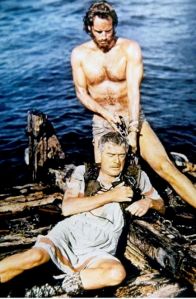 Wyler populates the screens with dramatic, larger than life compositions that call to mind the masterpieces of the Italian Renaissance, and probably inform the heroic works of later masters like Frazetta, Jeffrey Jones, and Vallejo. For a movie often called A Tale Of The Christ, it’s an interesting and effective stylistic choice to never show Jesus’ face. Definitely adds to the mystique and makes the miraculous nature of the ending more believable.
Wyler populates the screens with dramatic, larger than life compositions that call to mind the masterpieces of the Italian Renaissance, and probably inform the heroic works of later masters like Frazetta, Jeffrey Jones, and Vallejo. For a movie often called A Tale Of The Christ, it’s an interesting and effective stylistic choice to never show Jesus’ face. Definitely adds to the mystique and makes the miraculous nature of the ending more believable.
Heston is fabulous as the driven Judah, going from quiet dignity to obsessive, righteous wrath, and finally spiritual awareness admirably, but his foil, Stephen Boyd as Messala is a standout for me, one of the greatest villains in any movie. He’s attractive and arrogant, refined and harbors a barely contained sadism that comes to the forefront whenever he loses his temper, and nowhere moreso than in the chariot race, when he employs a ‘Greek chariot’ with spiked wheel hubs (yeah like in Grease) and actually turns his whip on Judah as they race neck and neck.
 His rabid admiration for Rome and all her policies is apparent at almost every turn. When Judah jokes about the local inferior wine being especially brewed for the Roman garrison, Messala slips in “You’re very cruel to your CONQUERERS” and looks Judah straight in the eye, daring him to say anything. His very intonation of the word Roman is robust and loving. He takes pleasure in its sound. When Judah calls his quarters grim, he says, “Not grim. Austere. Virtuous. Roman.” When Messala speaks of his military campagins to Tirza, he boats, “Other countries have armies. Fine armies. I know. I fought them.” And beat them, you can hear in his voice.
His rabid admiration for Rome and all her policies is apparent at almost every turn. When Judah jokes about the local inferior wine being especially brewed for the Roman garrison, Messala slips in “You’re very cruel to your CONQUERERS” and looks Judah straight in the eye, daring him to say anything. His very intonation of the word Roman is robust and loving. He takes pleasure in its sound. When Judah calls his quarters grim, he says, “Not grim. Austere. Virtuous. Roman.” When Messala speaks of his military campagins to Tirza, he boats, “Other countries have armies. Fine armies. I know. I fought them.” And beat them, you can hear in his voice.
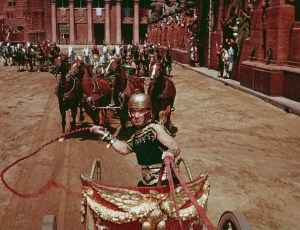 For all intents and purposes, Messala IS Rome, in its worst sense. He IS tyranny. He IS power. He glories in his authority and cruelty. At the same time, he is baffled by opposition to Rome. When Judah, aghast that Messala intends to prosecute him for attacking the governor when he knows he is innocent, exclaims “You know? You are evil!” Boyd’s tone is one of hurt. “No Judah I am not evil. I wanted your help. Now you’ve given it to me.”
For all intents and purposes, Messala IS Rome, in its worst sense. He IS tyranny. He IS power. He glories in his authority and cruelty. At the same time, he is baffled by opposition to Rome. When Judah, aghast that Messala intends to prosecute him for attacking the governor when he knows he is innocent, exclaims “You know? You are evil!” Boyd’s tone is one of hurt. “No Judah I am not evil. I wanted your help. Now you’ve given it to me.”
Much has been made of the gay subtext in the relationship between Judah and Messala. Heston claimed there was none that he was aware of, but supposedly Boyd said he played it with that awareness, and Vidal swears it was in there. It’s interesting to watch their reunion scene with that in mind, where they embrace (Boyd perhaps a little more intensely, a little more lingeringly), cast spears together (“Down Eros! Up Mars!” or “manly warfare is worth more than feminine love!” it could be interpreted), etc. I suspect all parties involved were telling the truth. Heston probably wasn’t informed of the subtext because he wouldn’t have gone along with it. It still plays out great.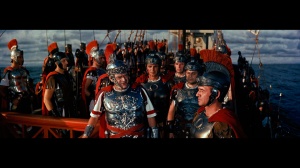 There are a number of supporting performances that add to the greater whole. Frank Thring as Pontias Pilate is pretty good – yes, Frank Thring who played The Collecter in Mad Max Beyond Thunderdome. Sam “Gunga Din” Jaffe as the blinded Simonides, Finlay Currie as the humanistic third wise man Balthazar, the great Jack Hawkins as Quintus Arrias, and Hugh Griffith as the horse loving Sheik, Haya Harareet as the gentle Esther – no flat notes in any of the performances.
There are a number of supporting performances that add to the greater whole. Frank Thring as Pontias Pilate is pretty good – yes, Frank Thring who played The Collecter in Mad Max Beyond Thunderdome. Sam “Gunga Din” Jaffe as the blinded Simonides, Finlay Currie as the humanistic third wise man Balthazar, the great Jack Hawkins as Quintus Arrias, and Hugh Griffith as the horse loving Sheik, Haya Harareet as the gentle Esther – no flat notes in any of the performances.
Ben-Hur is one of those rare instance of a movie totally transcending its source material. Of course the source material dated back to 1880, so the prose is a bit lofty and flowery, definitely in the Deerslayer style, with lots of people telling you exactly what they’re feeling and why for a couple pages at a time. It was written by General Lew Wallace. At the time, he was governor of New Mexico, and his drafting of the classic novel may have been part of the reason Billy The Kid’s deal with the Guv fell through or went unfulfilled/unanswered anyway.
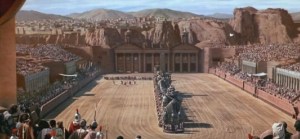 And the sets! The sets are gorgeously designed, from the deck of the Roman galley to the incredible achievement of the Circus Maximus.
And the sets! The sets are gorgeously designed, from the deck of the Roman galley to the incredible achievement of the Circus Maximus.
Best Bit Of Dialogue:
When Messala condemns Judah to enslavement, Judah lunges across the desk at him, restrained by the centurions.
Judah: May God grant me vengeance. I pray that you live until I return!
Messala: Return?
Best Scene:
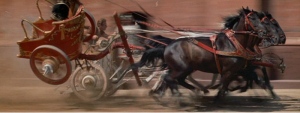 I would be remiss to not name the incredible chariot race as the best part of Ben-Hur. It really is that great. One of the best action sequences in all of cinema – no exaggeration. The stunts are amazing, the pacing and editing superb. Lucas based the Pod Race sequence in Star Wars Episode I The Phantom Menace on this sequence.
I would be remiss to not name the incredible chariot race as the best part of Ben-Hur. It really is that great. One of the best action sequences in all of cinema – no exaggeration. The stunts are amazing, the pacing and editing superb. Lucas based the Pod Race sequence in Star Wars Episode I The Phantom Menace on this sequence.
HOWEVER.
My personal favorite non-action scene is in the aftermath immediately following the race.
To set the scene up, Judah believes his mother and sister, long imprisoned, are dead. In reality, Messala’s man Drusus discovered them alive in their cell, but infected with leprosy – a death sentence in that age.
Following his spectacular wreck in the chariot race, the once proud Messala is physically smashed and torn. He lashed to a table, wheezing and groaning. The surgeons wish to amputate his shattered limbs, but he refuses, not wanting to confront the triumphant Judah as less than a whole man. The surgeons are about to force the matter, when the protesting Messala spies the statuesque silhouette of Judah standing in the doorway, holding his victory laurels.
 Judah enters, and Messala hisses up at him
Judah enters, and Messala hisses up at him
MESSALA: Triumph complete, Judah. The race won. The enemy destroyed.
JUDAH (pitying his old friend at last): I see no enemy.
Messala is angered.
MESSALA: What do you think you see?? The smashed body of a wretched animal? Is there enough of a man left here for you to hate? Let me help you. You think they’re dead. Your mother and sister. Dead. And the race over. It isn’t over, Judah. They’re not dead…
Judah grips Messala, almost unable to contain himself.
 JUDAH: Where are they? Where are they? (finally, whispering, almost pleading). Messala…where are they?
JUDAH: Where are they? Where are they? (finally, whispering, almost pleading). Messala…where are they?
Messala manages a bloody grin.
MESSALA: Look for them in the…valley…of the….lepers. If you can recognize them.
Judah lowers his head and stifles an indescribable groan of anguish through his teeth.
Messala paws at Judah’s cuirass, hissing.
MESSALA: It goes on. It goes on, Judah.
And he dies.
What. A. Bastard. Haha.
Would I Buy It Again: Yes
Next In The Queue: Beneath The Planet Of The Apes
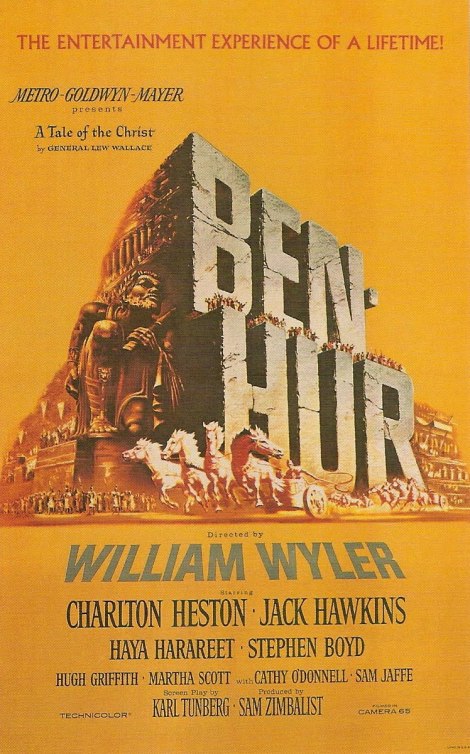
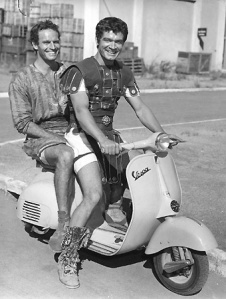
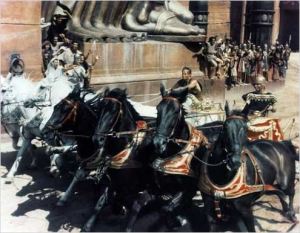






 Which they are.
Which they are.










